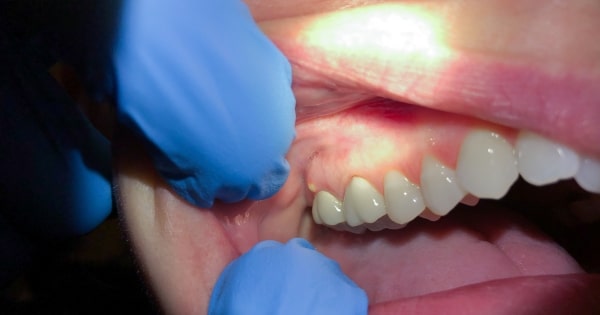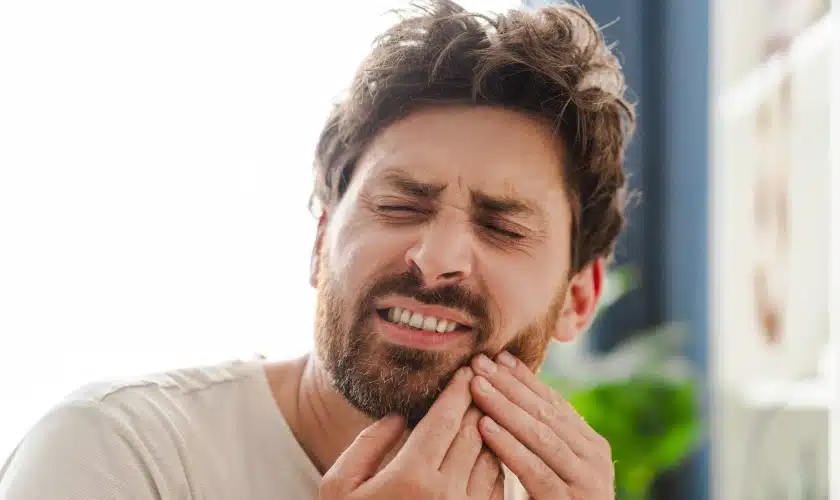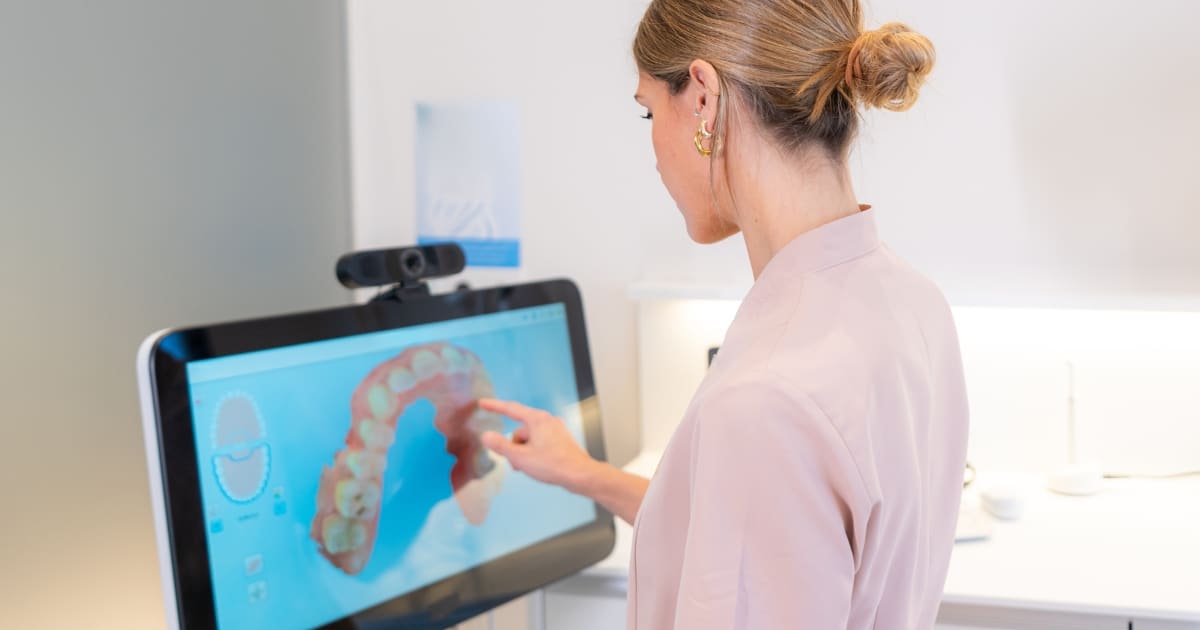
Dental emergencies happen when you least expect them. A sudden injury, intense tooth pain, or an urgent issue can catch anyone off guard. These situations often need quick action and care from an emergency dentist to relieve pain and prevent further damage. To help you stay prepared, this guide covers the top causes of dental emergencies, practical tips to avoid them, and when it might be time to see an emergency dentist.
Common Causes of Dental Emergencies
Understanding what can lead to a dental emergency is the first step in preventing one. Here are some of the most common causes and how they happen:
1. Tooth Decay and Cavities
One of the leading causes of dental emergencies is tooth decay. When left untreated, cavities can worsen and cause sudden, intense pain. They may also lead to infections, which can escalate into serious dental emergencies.
Prevention Tips:
- Brush and floss daily to remove plaque.
- Schedule regular dental cleanings to keep your teeth in top shape.
- Limit sugary snacks and drinks that contribute to tooth decay.
2. Sports Injuries
Sports and physical activities are another common cause of dental injuries. Contact sports, in particular, can lead to chipped or knocked-out teeth if proper protection is not used.
Prevention Tips:
- Always wear a mouthguard during contact sports.
- Encourage kids to use protective gear in any high-contact activity.
- Consider custom-fitted mouthguards for added protection.
3. Teeth Grinding (Bruxism)
Grinding or clenching your teeth, especially at night, can weaken teeth over time. This habit often leads to cracks, fractures, and sensitivity that may require urgent attention from an emergency dentist in Pasadena.
Prevention Tips:
- Use a night guard to protect your teeth while you sleep.
- Try stress-reduction techniques to lessen grinding.
- Visit your dentist for a fitting if grinding becomes a regular issue.
4. Accidents and Falls
Accidents are unpredictable, but they often lead to dental emergencies. A hard fall or impact to the face can cause chipped, cracked, or lost teeth.
Prevention Tips:
- Practice caution in slippery areas to avoid falls.
- Keep floors free of tripping hazards.
- Consider using helmets or face protection for outdoor activities like biking or skateboarding.
5. Chewing Hard Objects
Biting down on hard items such as ice, pens, or unpopped popcorn kernels can crack or break teeth, resulting in a painful dental emergency.
Prevention Tips:
- Avoid using your teeth as tools to open things.
- Stick to softer, tooth-friendly foods.
- Be mindful when eating anything with hard pieces, like candy or nuts.
Signs It’s Time to See an Emergency Dentist
While prevention is key, sometimes emergencies are unavoidable. Here are some signs you may need immediate care:
Severe Tooth Pain
Tooth pain that doesn’t go away may signal a serious underlying problem, such as an infection or nerve damage. If over-the-counter pain relievers don’t help, seek emergency care.
Broken or Chipped Teeth
A broken or chipped tooth not only affects appearance but can also lead to more damage. If you experience a dental injury, rinse your mouth with warm water and apply a cold compress to reduce swelling until you can see a dentist.
Knocked-Out Tooth
If a tooth is knocked out, acting quickly increases the chance of saving it. Place the tooth back in the socket if possible, or store it in milk, and contact a dentist right away.
Tips to Avoid Dental Emergencies
By taking some preventive steps, you can reduce the risk of dental emergencies and keep your smile intact. Here’s how:
- Maintain Good Oral Hygiene: Brush twice a day, floss daily, and use mouthwash to keep bacteria in check.
- Schedule Regular Check-Ups: A routine dental exam helps spot potential issues before they become serious.
- Avoid Harmful Habits: Don’t chew ice, use your teeth to open packages, or bite down on non-food items.
- Wear Protective Gear: Mouthguards for sports and night guards for grinding help keep your teeth safe from physical harm.
What to Do in a Dental Emergency?
Knowing how to react in a dental emergency can make a significant difference in preserving your oral health. Here’s a quick guide to handle emergencies until you can see a professional:
- Rinse Your Mouth: Use warm water to clean the affected area.
- Apply Pressure for Bleeding: If there’s bleeding, gently apply pressure using a clean cloth.
- Cold Compress: Place a cold compress outside your mouth to reduce swelling.
- Seek Immediate Care: If pain is severe or the injury is major, contact an emergency dentist in Pasadena as soon as possible.
Dental emergencies can be scary, but understanding what causes them and taking preventive steps can help reduce your risk. By keeping these tips in mind and taking proactive steps, you can enjoy a healthy smile and avoid sudden trips to the dentist.


